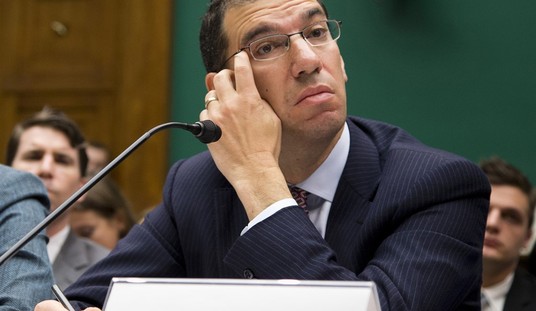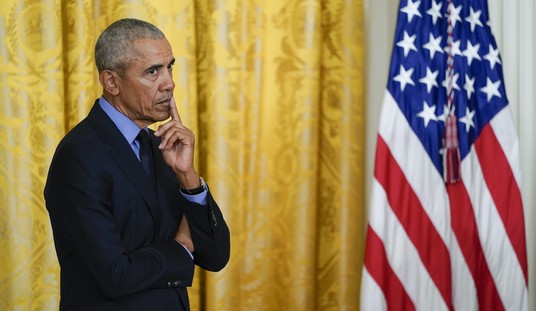Forget the Twitter bleg for emoji responses to how millennials feel about student debt. As the New York Daily News’ Alejandro Alba notes, the condescending approach didn’t generate much respect from Hillary Clinton’s target audience. The beleagured Democrat tried to shift attention to policy from the e-mail scandal, focusing on her $350 billion proposal to overhaul higher-education finances, which is in a shambles largely due to federal government intervention in the first place.
Mission not accomplished:
While some users thought the question was “relatable,” others believed the question was offensive and condescending.
Many users began to reply to the tweet with jokes and alternate versions of the question.
“How does finally handing over your server to federal investigators make you feel? Tell us in three emojis or less,” replied @Benc jacobs.
The execution may have been poor, but Hillary aimed at the right target. She has to find a way to engage the millennial vote in the next election (assuming she can win the nomination), as well as progressives that are currently lifting Bernie Sanders to rock-star status. It’s bad policy but smart politics, as I argue in my column today for The Fiscal Times, and Republicans cannot afford to ignore it:
In order to get a share of Obama’s energy for a general election, Hillary has to pander to younger voters, as well as the less affluent and minority demographics. Those voters have a massive student loan burden, largely thanks to those pushing government subsidies that inflated the higher education bubble in the first place. For older Americans, the chief economic issue will be jobs and growth, but younger voters have a more acute situation.
They need real solutions to their debt burden, and will likely see that as a key issue in any economic plan from the Parties and the candidates. This is her bid to gain traction in demographic categories that might otherwise write her off as a holdover from a nearly bygone political era. …
Republicans have a real chance to make inroads among younger voters in this election cycle. Not only will Obama finally retire from the scene and with him the emotional connection that sustained Democrats in the last two cycles, but all of the potential Democratic successors are pushing 70 or past it. Sanders is already 74, and will be 75 on Election Day. Joe Biden, the Flavor of the Week as Hillary’s legal woes expand, will be almost 73, and has been in Washington nearly twice as long as the Clintons have.
In comparison, most of the Republican field is far younger. Donald Trump will be 70 next year, and Rick Perry 65, but the rest of the field is significantly younger. Ted Cruz, Marco Rubio, Bobby Jindal, and Scott Walker are all in their 40s and the rest in their 50s. That won’t be enough, though. Republicans have to address the real issues facing these millennials, especially those created by activist government and top-down market interventions that have rendered them unable to acquire wealth in the traditional manner even after they got their college degrees. If Hillary Clinton’s proposal remains unanswered, or simply shrugged off without any substantive policy option to offer, millennials will gravitate to the party that at least speaks to their lives.
Here’s a fun fact: Any one of those Democratic contenders — Hillary, Biden, or Sanders — would be the oldest non-incumbent presidential nominee in the party’s history. The current record-holder is Lewis Cass, who lost to Zachary Taylor in 1848 at the age of 66. Other than Martin O’Malley, who blew his opening at Netroots Nation this summer, the field resembles the later-stages Soviet Politburo when it comes to youth and vigor.
Even so, Republicans have to actually make a case on policy to keep Hillary from buying their support with another destructive top-down entitlement system. If Hillary’s plan is an encroachment on state funds and operations (it is), then Republican candidates need a plan that will work on a plan to address the crushing debt that progressive policies have created for millennials. They need to talk about it, feature it in campaign speeches (especially on campuses), and explain why conservative principles and policies will improve their lives directly, and not just in general terms.
There’s still plenty of time for the GOP to build this case, but they’d better have a plan to address it at some point before the end of the primaries. Otherwise, we’ll end up conceding the voters that will be deciding elections for a long, long time.








Join the conversation as a VIP Member